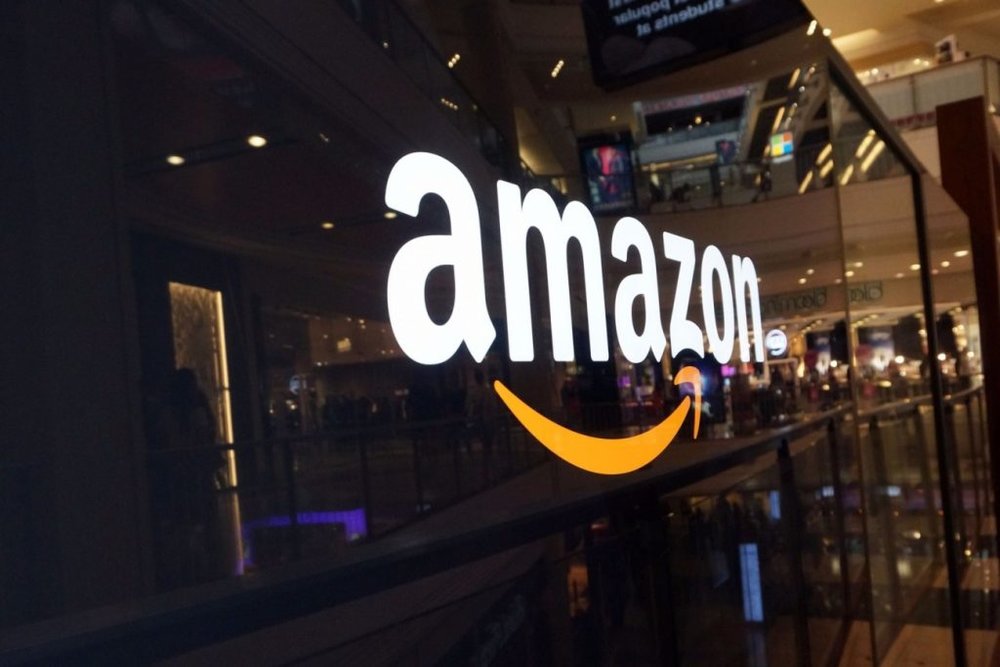Every decade on Wall Street has its story. As is with every story, there’s the proverbial rise to fame and success, as well as the infamous fall from grace narrative.
As much as we would love to delve into the companies that took a precedented (or unprecedented) nosedive, the focus today we’ll be on those that have left a positive mark this decade, and etched their names in the long history of the stock market.
Yes, the usual suspects are here. Preferably, we’ll be discussing Amazon and Netflix.
Indeed, as we come knocking on the door of the new decade, the highly romanticized relationship that Netflix and Amazon have had with the stock market is one that has transformed the lives of millions of Americans today.
Yep, it’s been a rollercoaster for both companies.
Nonetheless, they have managed to outperform the closest rivals in their respective markets to deserve a notable mention in today’s discussion.

Netflix is the best performing stock this decade
Impressive Growth Records of the Decade
As a matter of fact, both stocks manage to shake off massive downturns to be labeled the best performing assets of the 2010s.
From the beginning of 2010, Netflix has grown considerably, by up to 4000 percent, while Amazon, albeit still impressive, comes in at a distant second with a 1,100 percent growth.
Liken it to the Wall Street Hall Of Fame, because these two tech giants have managed to enter into the group of the highest performing assets in the world, sharing a stage with gold, the Nikkei 225 in Japan, the Nasdaq Composite, and iron ore.
In fact, a research firm by the name Alpine Macro based in Montreal, Canada, has affirmed that this the first time in Wall Street’s history that two companies have performed this well in just one decade since 1970.
Additionally, as per the sentiments of Chief global strategist at Alpine Macro, Mr, Chen Zhao, the big question on everyone’s mind is, who will be the next big thing in the decade to come?

The second-best performing stock is Amazon, albeit at a distant second
It’s Still too Early to Tell
Unfortunately, it is quite impossible as of now to predict who will take up the mantle in the 2020s. However, one thing that Zhao has noted with previous winners is that they tend to share common financial behaviors and attributes.
According to Zhao, the first noticeable sign is that these companies are normally a byproduct of a major economic shock or upheaval.
Secondly, they are companies least expected in asset markets or asset classes.
A good example is how gold prices towards the end of the 70s increased 10 times their value in comparison to what they were the previous decade.
Indeed, gold is taken as a hedge against financial issues such as inflation, which doubled in the 70s as per data released by the Federal Reserve.

Just like the Nikkei 225 in Japan, the Amazon and Netflix stocks flourished as a result of a massive economic upheaval
Similar Case Studies over the Years
Another interesting case study, as stated earlier, was that of the Nikkei 225 in Japan. In the 80s, the stock manifolded by six, which translated to an increase of about 500%.
This was a result of Japan’s steady transformation into an economic and manufacturing powerhouse. That being said, a recent price bubble has rendered the country struggling economically.
On the other hand, the dot.com bubble that was experienced in the 90s is what increased the value of the Nasdaq Composite, as several companies rushed to get an online presence.
Last but not least, in the early 2000s, one of the most inspiring macroeconomic narratives was that of the Chinese boom.
At the time, there was a massive demand for industrial metals such as steel and iron ore.
Specifically, iron ore was used in the mass production of a myriad of goods such as cars, furniture, and building materials. Prior to the financial crisis that took place in 2007, the increase of iron ore was recorded at 500 percent from 00 to 07.
The E-commerce and Online Entertainment Decade
With that in mind, it is crystal clear that Amazon and Netflix are benefiting from the revolution of the internet as the biggest source of global communication, business, and finance.
For starters, Amazon was one of the pioneer e-commerce stores online, and over time, grew on to become the largest platform for the purchase of goods, products, and services.
Additionally, Netflix was one of the first streaming companies online, and has continued to provide premium subscribers with fresh, exciting content on a consistent basis.










